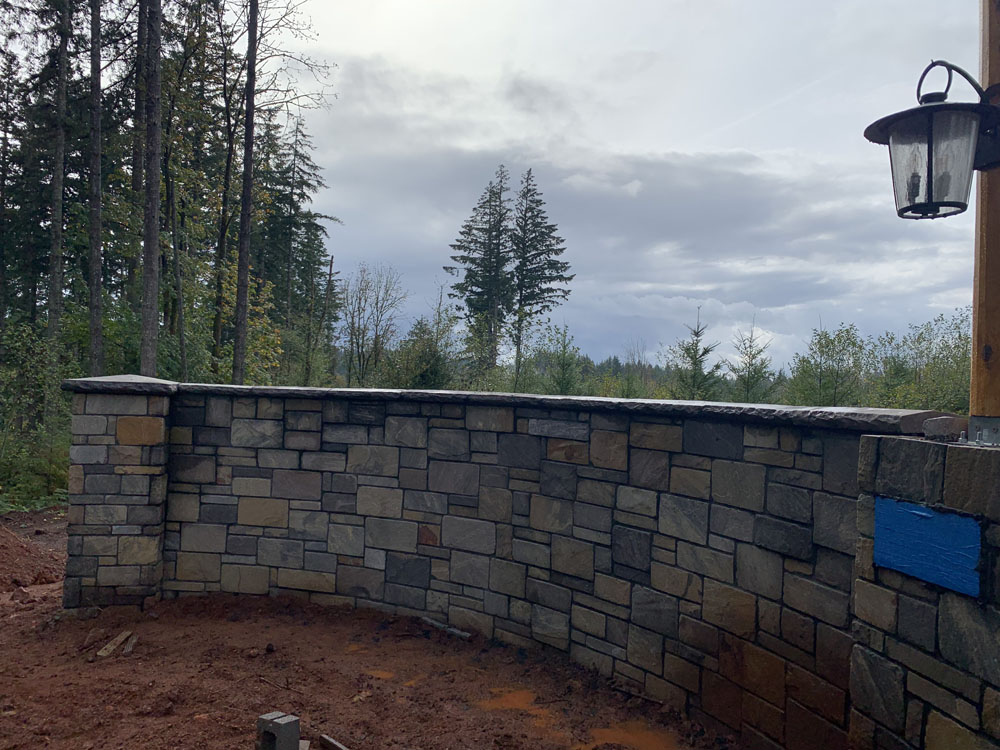Introduction
Brickwork is often an understated yet crucial component of any home. It provides not only aesthetic appeal but also structural integrity. A well-maintained brick façade can boost your property’s value, while neglected brickwork can lead to a myriad of issues that may jeopardize your home’s safety and comfort. This article dives deep into “The Unexpected Dangers of Neglecting Your Home’s Brickwork”, outlining the potential pitfalls homeowners face if they disregard this essential element of their property.

The Unexpected Dangers of Neglecting Your Home’s Brickwork
When we think about home maintenance, the roof, plumbing, and electrical systems often come to mind. However, brickwork deserves equal attention. Not only does it serve as a barrier against the elements, but it also supports the weight of your home. Ignoring its upkeep can lead to severe consequences.
Why Is Brickwork Important?
Brick is known for its durability and fire resistance, making it a popular choice in construction. But why is its maintenance critical?
Structural Integrity: Brick walls bear significant weight, providing essential support. Aesthetic Appeal: Well-maintained brick enhances curb appeal and overall aesthetics. Energy Efficiency: Quality brick insulation contributes to energy efficiency. Protection Against Weather: Brick serves as a shield against wind, rain, and snow.Signs of Neglected Brickwork
How do you know if your brickwork needs attention? Here are some red flags:
- Cracks in bricks or mortar Water stains on interior walls Loose bricks that may fall Efflorescence (white powdery substance) Bulging walls
Recognizing these signs early can save you from more extensive damage down the line.
Common Problems Associated with Neglected Brickwork
Neglecting your home’s brickwork can result in various problems that affect both aesthetics and safety.
1. Structural Damage
One of the most alarming dangers is structural compromise. Over time, moisture infiltration can weaken bricks and mortar joints.
What Causes Structural Damage?
- Poor drainage systems Foundation settling Water pooling around the base
2. Moisture Intrusion
Brick by itself is porous, meaning it can absorb moisture. When water seeps through cracks or weak points, it can lead to mold growth and rotting wood structures behind the walls.
Prevention Measures
- Regular inspections Proper sealing techniques Use high-quality materials for repairs
3. Aesthetic Decline
Cracked or stained bricks View website detract from your home's visual appeal.
How Does This Happen?
Weather changes coupled with neglect lead to wear and tear over time.
4. Increased Energy Costs
Did you know that poor insulation due to damaged brick can inflate your energy bills? Gaps in brick allow air leaks which increase heating and cooling costs significantly.
How Can You Address This?
Consider hiring a Masonry Contractor for a thorough inspection to identify areas needing repair or reinforcement.
The Role of a Masonry Contractor in Maintenance
Engaging a professional Masonry Contractor can make all the difference in maintaining your home’s brickwork.
What Services Do They Provide?
- Inspection and assessment Repair work including repointing Waterproofing applications
Why Choose an Experienced Masonry Contractor?
Their expertise ensures that repairs are not only effective but also aesthetically pleasing—maintaining both form and function.
DIY vs Professional Help: What Should You Choose?
Many homeowners consider tackling minor repairs themselves; however, this approach has its pros and cons.
Benefits of DIY Repairs
Cost-effective for small issues. Sense of accomplishment. Flexibility in scheduling repairs.Drawbacks of DIY Repairs
Lack of professional knowledge may lead to further damage. Time-consuming. Risky if safety measures aren’t followed properly.In contrast, hiring professionals brings peace of mind through guaranteed work quality.
Preventative Maintenance Tips for Your Brickwork
Taking proactive steps will help extend the life of your brick structures:
1. Regular Inspections
Schedule biannual inspections focusing on:
- Cracks Mortar joints Signs of water damage
2. Cleaning
Use mild detergents along with water to wash down surfaces regularly—avoiding harsh chemicals that could erode bricks over time.
3. Sealing Joints and Cracks
Using high-quality sealants helps prevent moisture penetration—especially in regions experiencing heavy rainfall or snowmelt.
4. Landscaping Considerations
Ensure that landscaping directs water away from foundations—this includes grading soil appropriately near your home’s perimeter.
FAQs About Brickwork Maintenance
1. How often should I inspect my brickwork?
It’s recommended to inspect your brickwork at least twice a year for early detection of issues.
2. What are common signs my brick requires repair?
Look for cracked bricks, loose mortar joints, bulging walls, or efflorescence (white staining).
3. Can I repair my own brick wall?
While minor repairs may be manageable for DIY enthusiasts, significant damage should be addressed by a professional Masonry Contractor for optimal results.
4. How much does it cost to hire a Masonry Contractor?
Costs vary greatly depending on location and extent of work needed; generally expect anywhere from $50-$150 per hour plus materials.
5. What materials are best for repairing damaged bricks?
High-quality mortar mix specifically designed for masonry use is best; consult with professionals for specific recommendations based on project needs.
6. Are there any permanent solutions to avoid future issues?
Maintaining proper drainage systems alongside regular upkeep practices will significantly reduce long-term risks associated with neglected brickwork.
Conclusion
Ignoring your home’s brickwork carries unexpected dangers that could escalate quickly into costly repairs or even unsafe living conditions. “The Unexpected Dangers of Neglecting Your Home’s Brickwork” highlight how vital regular maintenance truly is. Engaging with an experienced Masonry Contractor ensures that any visible signs don’t turn into bigger headaches down the road. Invest now, protect later!
By keeping an eye on those seemingly minor details today, you’re investing in both safety—and perhaps even aesthetic improvements—for years to come!